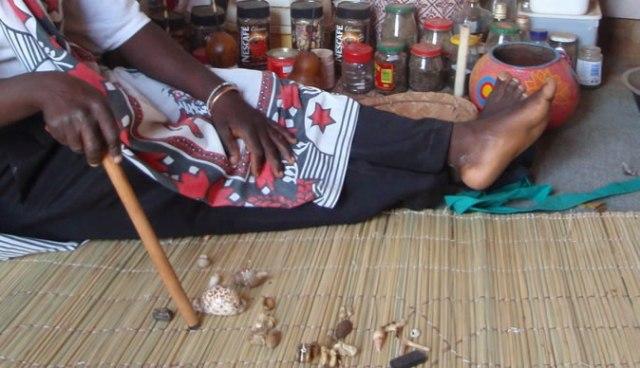The Alarming Rise of Ritual Murders in Zimbabwe: Uncovering the Causes and Consequences
By Bigboy Madzivanzira
In recent years, Zimbabwe has witnessed a disturbing surge in ritual murders, leaving communities shaken and authorities scrambling for solutions. These heinous crimes, often driven by superstition and greed, have resulted in the loss of innocent lives and the destruction of families. As the nation grapples with the root causes of this trend, it is essential to understand the complex factors driving these atrocities and to develop effective strategies for prevention.
Causes of Ritual Murders
Several factors contribute to the rise of ritual murders in Zimbabwe. Some of the most significant causes include:
1. Economic Hardship: Poverty and economic instability have led many individuals to seek quick fixes for their financial woes. Ritual murders are often seen as a means to acquire wealth and prosperity, albeit through misguided and heinous means.
2. Cultural Beliefs and Superstitions : Deep-rooted cultural beliefs and superstitions about the power of human body parts and blood in rituals have contributed to the rise of ritual murders. Some individuals believe that certain body parts can bring good fortune, wealth, or protection.
3. Mental Health Issues: Mental instability and substance abuse have also been linked to ritual murders. In some cases, perpetrators may be suffering from mental health issues or be under the influence of substances that impair their judgment.
4. Influence of Unscrupulous Individuals: Bogus traditional healers and other unscrupulous individuals have been known to take advantage of people’s desperation, convincing them that ritual murders can bring benefits.
Consequences of Ritual Murders
The consequences of ritual murders are far-reaching and devastating. Some of the most significant consequences include:
1. Loss of Life: Ritual murders result in the loss of innocent lives, leaving families and communities traumatized.
2. Psychological Trauma: Survivors of ritual murder attempts and families of victims often suffer from severe psychological trauma, including anxiety, depression, and post-traumatic stress disorder (PTSD).
3.Erosion of Trust: Ritual murders can erode trust in law enforcement and government, leading to a breakdown in community relationships and cooperation.
4. Social and Economic Impact: Ritual murders can also have a significant social and economic impact, particularly in rural areas where communities may be more vulnerable to superstition and misinformation.
Strategies for Prevention
To combat the rise of ritual murders, it is essential to develop effective strategies for prevention. Some potential solutions include:
1. Education and Awareness Campaigns: Public education campaigns can help to raise awareness about the dangers of ritual murders and the importance of seeking help from qualified mental health professionals.
2. Community-Based Initiatives: Community-based initiatives can help to promote safe and respectful cultural practices, while also providing support to vulnerable individuals and families.
3. Law Enforcement Efforts: Law enforcement agencies must work to investigate and prosecute ritual murder cases effectively, while also building trust with local communities.
4. Mental Health Support Services: Mental health support services can help to address underlying mental health issues that may contribute to ritual murders.
Conclusion
The rise of ritual murders in Zimbabwe is a complex issue driven by various factors, including economic hardship, cultural beliefs, and mental health issues. To combat this trend, it is essential to develop effective strategies for prevention, including education and awareness campaigns, community-based initiatives, law enforcement efforts, and mental health support services. By working together, we can help to prevent ritual murders and promote a safer, more just society for all Zimbabweans.
About the Author:
Bigboy Madzivanzira is a Health Promotion Practitioner registered with the Allied Health Professions Council of Zimbabwe, a Medical Rehabilitation Practitioner registered with the Medical Rehabilitation Practitioners Council of Zimbabwe, a Family Therapist, and a Freelance Journalist accredited by Zimbabwe Media Commission. He can be contacted on 0773367913 or healthpromotionclinic@gmail.com.




